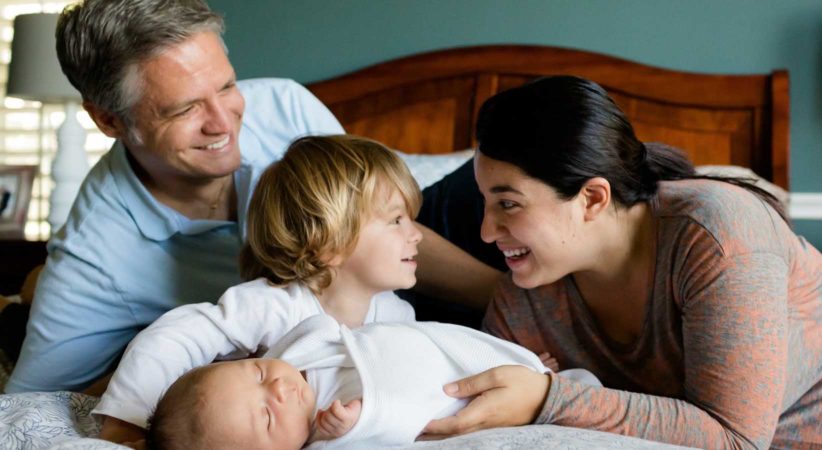
Early Childhood Experiences and Lifelong Health
Did you know that early childhood experiences and environments have an impact on all body systems, not just the brain? Early experiences affect lifelong health as well as early learning and school readiness.
This animated video, narrated by Center on the Developing Child Director Jack P. Shonkoff, outlines what the latest science tells us. It is a quick introduction to the effects of childhood adversities on the developing brain and many other systems in the body. The negative experiences include poverty, discrimination, systemic racism, exposure to violence, and child maltreatment, abuse, and neglect.
To learn more, read:
- 5 Facts About Health That Are Often Misunderstood
- Connecting the Brain to the Rest of the Body: Early Childhood Development and Lifelong Health Are Deeply Intertwined
- Effects of positive and negative childhood experiences on adult family health
- Health and Learning Are Deeply Interconnected in the Body: A Guide for Policymakers
- InBrief: Connecting the Brain to the Rest of the Body
Family literacy programs contribute to positive early childhood experiences. They support parents and caregivers in learning about early childhood development. The benefits for children and adults can be long term.
Related Blog Posts
Math Games with Dominoes
Discover the many math games you can play, and concepts you can teach, with dominoes.
Three Videos about Parentese
Talking to babies is important for their language development. Here’s a Mini Parenting Master Class on baby talk. Parentese is one style of talking to babies. It involves adults speaking …
Chapter Books to Read Aloud
Want to add chapter books to family read alouds? They usually contain more complex stories than picture books and can be introduced before children are able to read independently. They’re …
